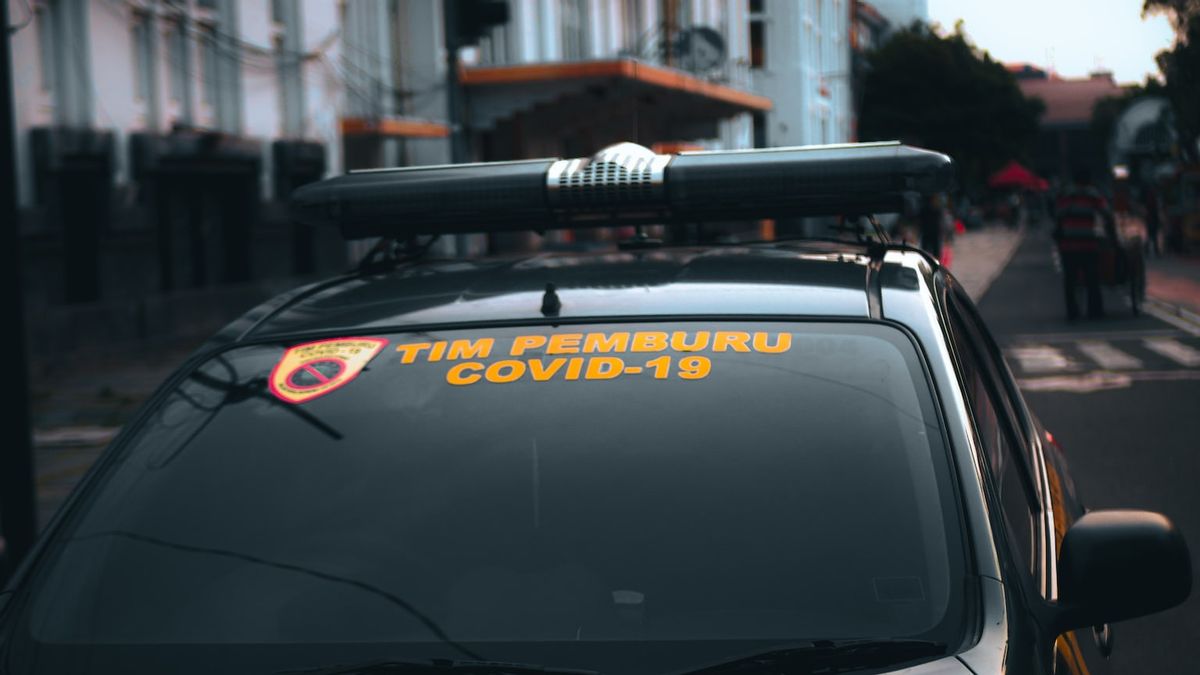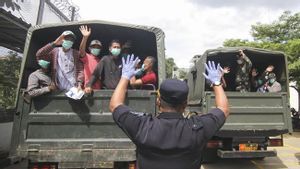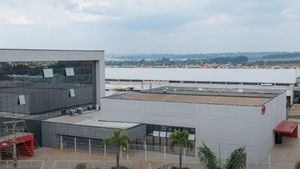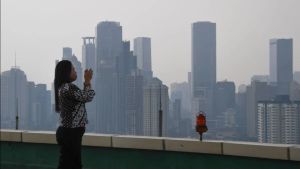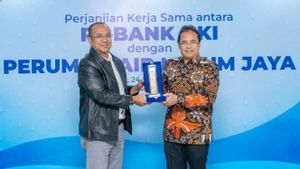JAKARTA - Epidemiologist from Gadjah Mada University (UGM) Yogyakarta agreed with President Joko Widodo's plan to lift the imposition of restrictions on community activities (PPKM) by the end of 2022 because they no longer have the urgency to continue.
"It was revoked because there was no urgency," said Bayu Satria Wiratama when contacted in Yogyakarta, Wednesday, December 21.
The background of the PPKM policy was raised because at the beginning of the COVID-19 pandemic there was no ideal intervention to reduce the rate of transmission of cases.
PPKM at that time was implemented because COVID-19 cases in Indonesia were high with increasing mortality rates, while there were no vaccines.
With these conditions, restrictions on community activities will inevitably be imposed to put a brake on the rate of transmission.
"In the past there had been no good intervention on how the COVID-19 case did not continue to cause death, then the PPKM idea emerged," said the lecturer at the Faculty of Medicine, Public Health and UGM Nursing, quoted from Antara.
Meanwhile, the level of immunity of the Indonesian people is relatively high as vaccination coverage continues to be expanded.
Although there are still cases, according to him, most of the sufferers have a severity with a mild category.
"There are many who are lighter than severe. Even if there is a significant spike and the important thing is not to be followed by death without being hospitalized," he said.
However, Bayu asked the government to continue to boost the coverage of booster vaccinations even though PPKM was stopped, especially for high-risk community groups.
"For example, a new dose of vaccine one should immediately receive a second dose to a 'booster'. If the 'booster' is getting higher, the better, especially high-risk groups," he said.
The requirement for booster vaccines for travelers, he said, should also be maintained with the aim of accelerating coverage.
"Because in Indonesia people really need to be forced to access vaccinations," he said.
In addition, said Bayu, efforts to track, examine, and handle cases or 3T (tracing, testing, treatment) still have to be continued because of the fact that transmission cases still exist.
Likewise, 3M health protocols or healthy culture that have been formed in the community during the pandemic do not need to be eliminated.
"Actually, 3M is more about the awareness of people knowing each other's risks. If you feel healthy, you don't have comorbidities, you don't wear masks, the risk is actually low, but if you are elderly and in closed places, then use a mask," said Bayu Satria Wiratama.
Previously, President Joko Widodo (Jokowi) opened the possibility of dismissing the Implementation of Community Activity Restrictions (PPKM) by the end of 2022.
"Today, yesterday, our daily cases were at 1,200, and maybe later at the end of the year, we will declare that PSBB, our PPKM stops," said President Jokowi at the 2023 Indonesia Economic Outlook in Jakarta, Wednesday, December 21.
The President said that until the latest data, the downward trend in daily COVID-19 cases continued.
Jokowi gave an example, until Tuesday, December 20, the daily number of COVID-19 cases was 1,200 cases. This number shows a drastic decline compared to the peak of cases during the Omicron COVID-19 variant which reached 64 thousand cases.
"Travels like that we have to remember how difficult it is," he added.
The English, Chinese, Japanese, Arabic, and French versions are automatically generated by the AI. So there may still be inaccuracies in translating, please always see Indonesian as our main language. (system supported by DigitalSiber.id)
